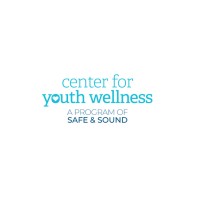
Sedera
Health insurance isn’t the only way to pay for healthcare. The Sedera Medical Cost Sharing Community is a nonprofit that offers a non-insurance approach for managing large and unexpected medical expenses. Sedera is the change that we all want to see: a simple, transparent alternative to the broken and overly complicated health insurance industry. Sedera leads with years of industry knowledge and integrity and provides a best-in-class, Member-focused medical cost sharing experience. Sedera is inclusive and welcomes people from all walks of life who agree with and commit to the ethical beliefs and principles of the Community. Members are individuals who are active and engaged participants in their healthcare decision-making, dedicated to a healthy lifestyle, and united by shared values. Sedera is an affordable alternative to the high costs of health insurance that provides price transparency, freedom of choice, and peace of mind when paying for healthcare. There are membership options for every budget, no network restrictions, membership is not tied to employment, and you can enroll at any time. Our Member Service Advisors are Medical Cost Sharing experts and provide exceptional, personalized Member support. Feel free to reach out at any time. We’re happy to answer your questions!






